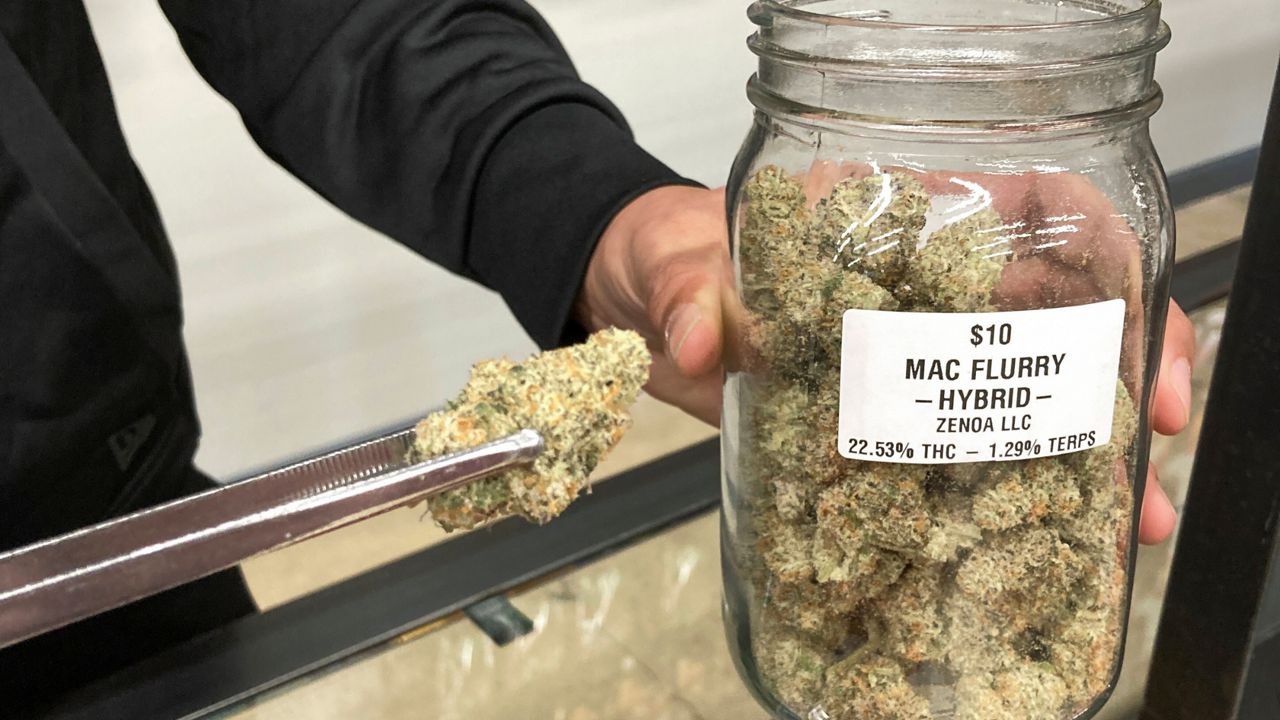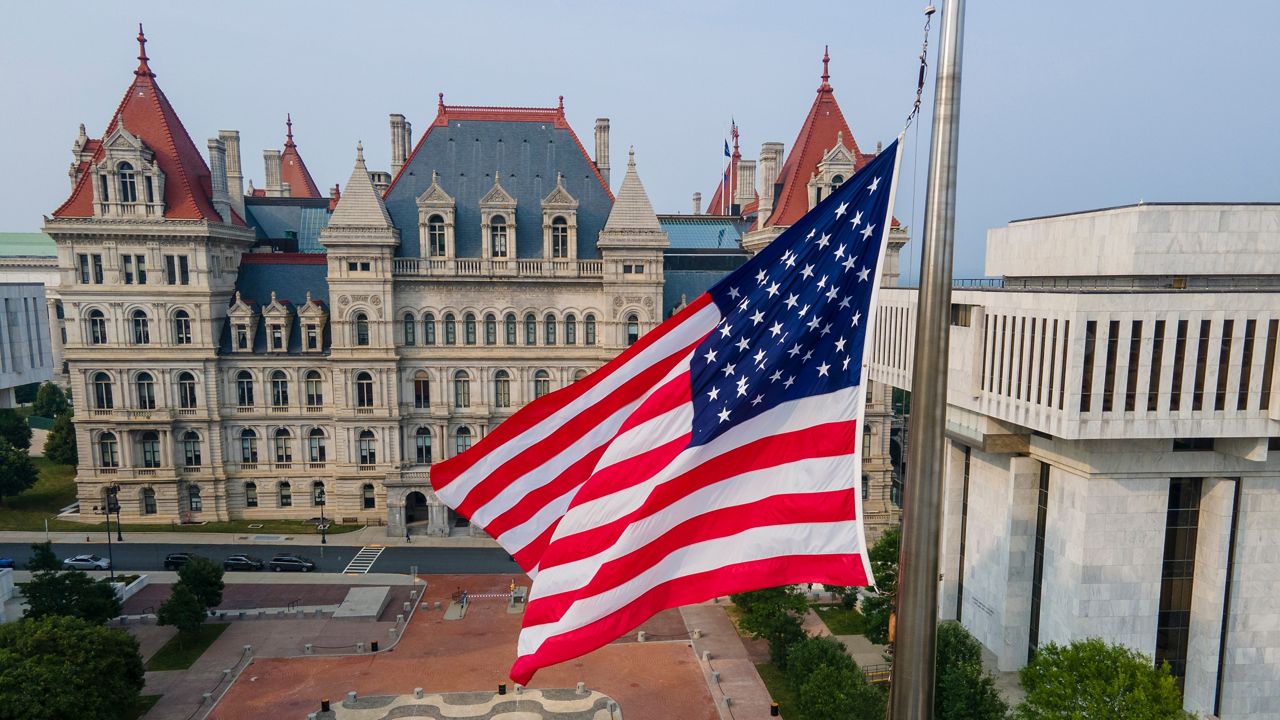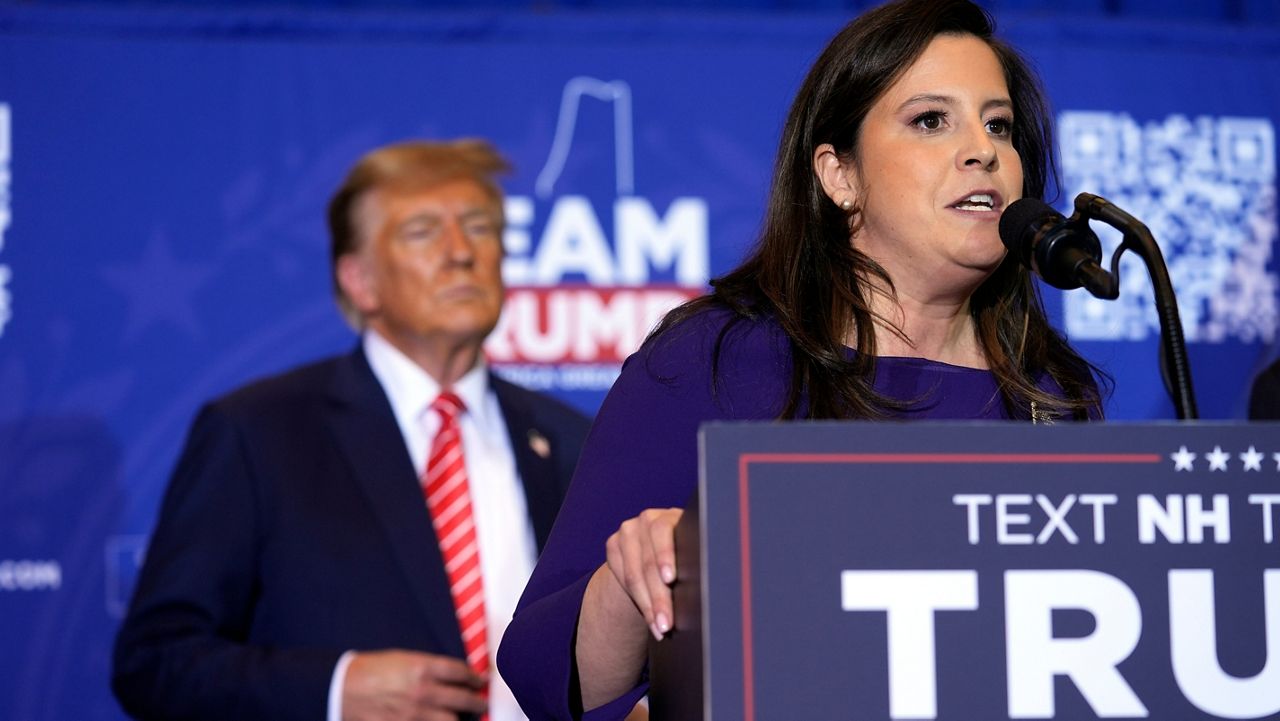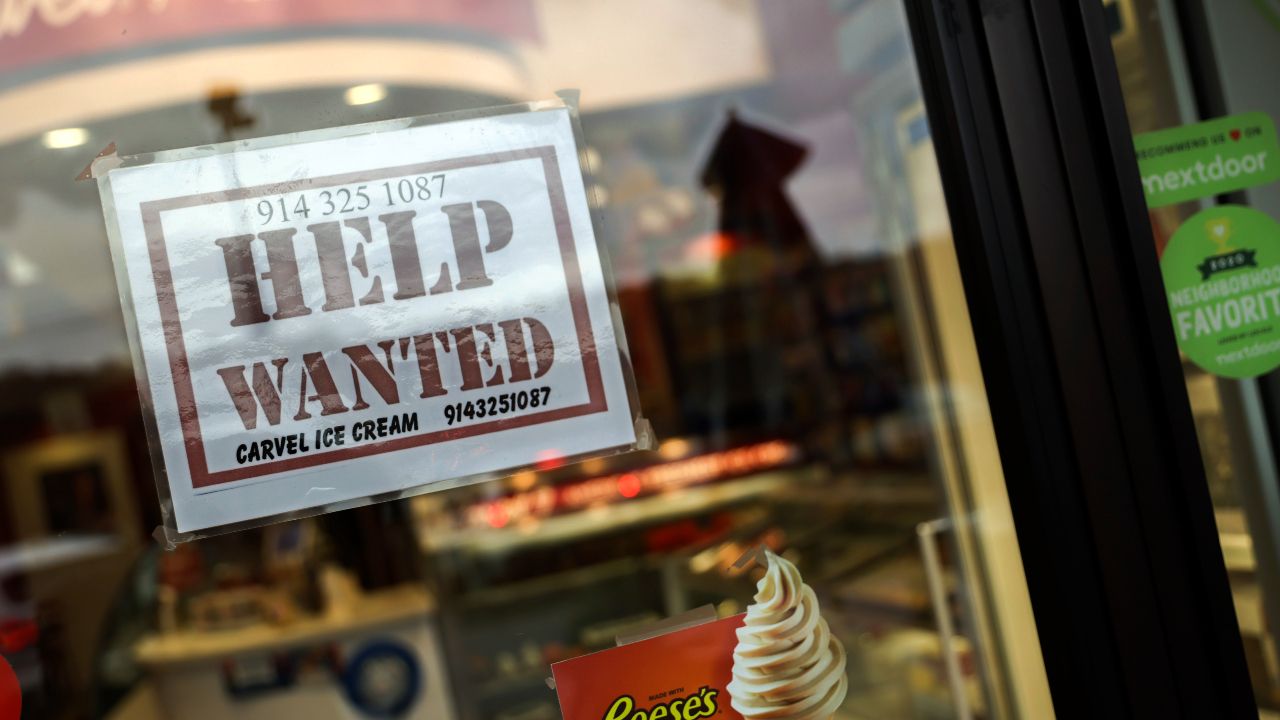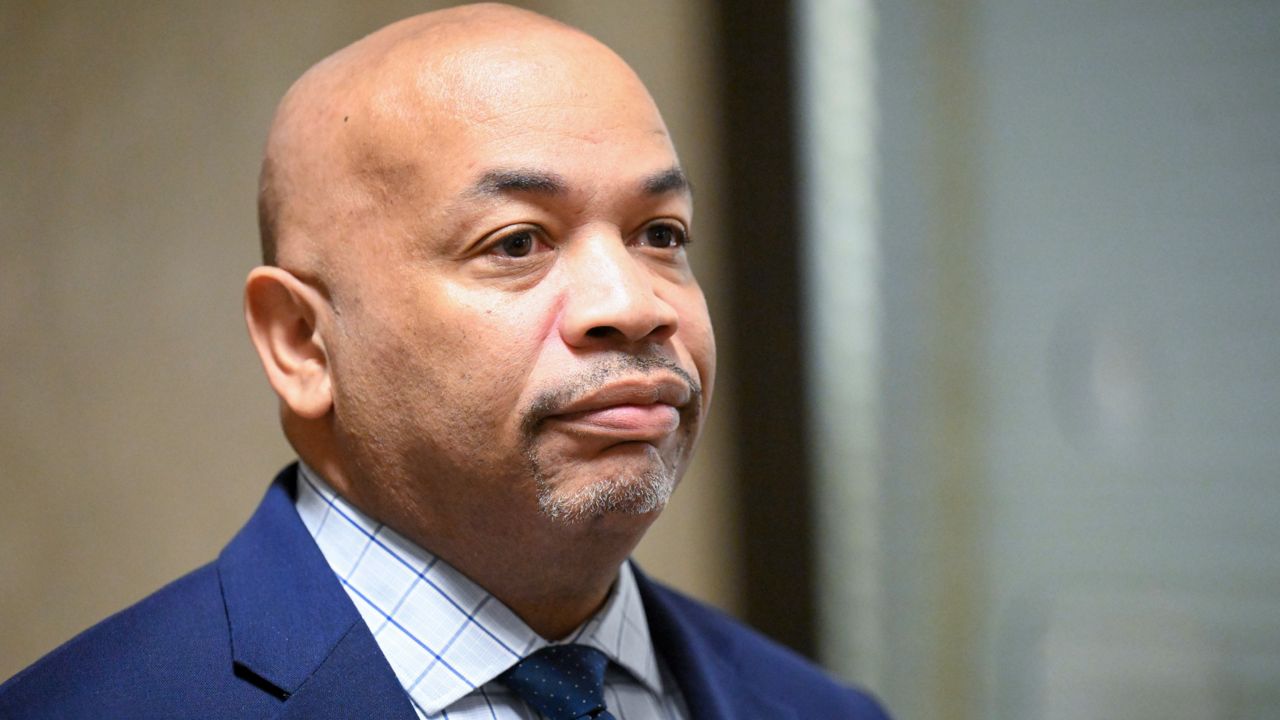Two key Democratic lawmakers in the Legislature are calling for changes to how New York taxes cannabis as the state's nascent marketplace is launching this year.
Assembly Majority Leader Crystal Peoples-Stokes and state Sen. Jeremy Cooney on Monday announced a measure that would overhaul the existing taxing structure for cannabis in New York, calling the current system in place "overly complex, unneccessarily costly" and could prove a burden to small businesses.
Under the proposal, the current tax which levies based on potency would be replaced with an increase in the current excise tax. It was not immediately clear what the fiscal implications of the change would be if granted final approval.
But lawmakers sought to frame the measure as a way of boosting fairness in the system for businesses and consumers when it comes to how cannabis is taxed.
“After careful consideration, it became clear that we need to simplify the tax structure of adult-use cannabis," said Peoples-Stokes, who led the initial effort to legalize cannabis for adult use in New York. "As the state continues to build out licensed cannabis operations, a simpler tax structure will be better for businesses and consumers. It is imperative to establish the licensed cannabis marketplace as the best option for consumers and stamp out the illicit cannabis operations popping up all over the state. This new tax approach will ultimately lead to thriving cannabis businesses at all levels of the supply chain. We will see higher tax revenues, which will result in more funds being reinvested in communities and invested in education and other important programs."
The bill is being proposed as New York lawmakers and Gov. Kathy Hochul are negotiating a broader $227 billion budget plan that is expected to pass by April 1, the start of New York's fiscal year.
“If we are going to meet our goal of building the most diverse and inclusive cannabis market in the nation, we must create an environment where small businesses can thrive,” Cooney said. “Replacing the potency tax with an increase in the excise tax will allow licensed operators, including social equity operators, to sell competitively-priced products and be less susceptible to undercutting by illicit market prices without sacrificing revenues to be reinvested and used for valuable community programming.”
The legislation is also being introduced days after cannabis regulators in the state last week announced they would double the number of cannabis dispensary licenses in New York from 150 to 300 amid a court injunction that has impacted the growth of the industry is several areas of New York.




